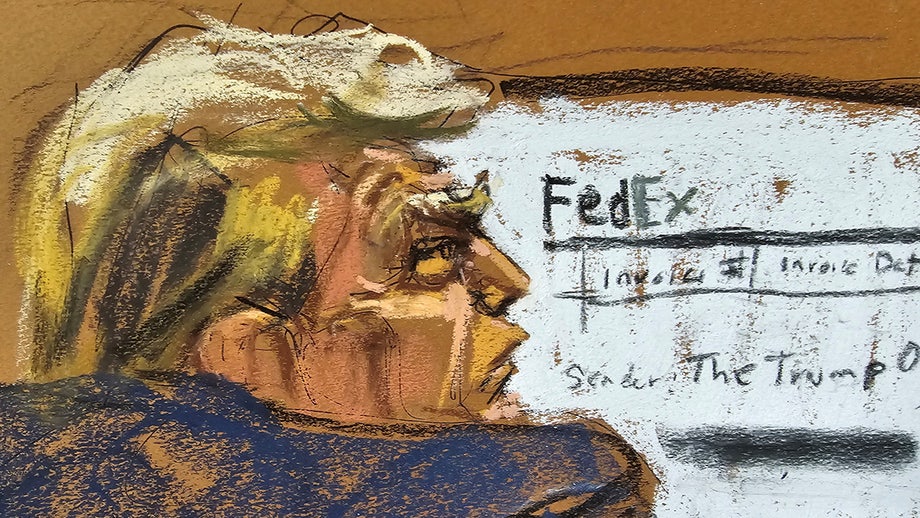Russian President Vladimir Putin has arrived in Mongolia, a member of the International Criminal Court (ICC), despite an outstanding arrest warrant for his alleged involvement in the abduction of Ukrainian children. Putin's visit challenges the legitimacy of the ICC and raises questions about his accountability for war crimes.
Russian President Vladimir Putin's audacious trip to Mongolia, a member of the International Criminal Court (ICC), has dealt a significant blow to the institution's authority. Putin's arrival in Ulaanbaatar, the capital city, on Monday defied an arrest warrant issued by the ICC in March 2023 for his alleged involvement in the abduction of Ukrainian children.
Putin's visit, ostensibly commemorating the 1939 Soviet-Mongolian victory over Japan at the Battle of Khalkhin, is the first time he has ventured into a country that is a signatory to the Rome Statute, which established the ICC. Non-signatory nations, such as Russia, the United States, China, India, and Israel, are not subject to ICC jurisdiction, but any visit to a Rome Statute signatory should have triggered Putin's arrest.

Putin Defies ICC Arrest Warrant with Mongolian Visit
Despite Mongolia's obligation to execute the ICC's arrest warrant, Putin arrived without incident and has embarked on a four-day visit, meeting with national leaders. The Kremlin has dismissed any concerns about Putin facing detention, claiming that "all aspects of the visit were carefully prepared."
Ukraine has condemned Putin's visit, calling him a war criminal responsible for kidnapping children and other atrocities since the invasion of Ukraine in February 2022. The Ukrainian Foreign Ministry urged Mongolian authorities to execute the arrest warrant and hand Putin over to the ICC in The Hague.

Putin Defies ICC Arrest Warrant with Mongolian Visit
Putin's visit to Mongolia raises questions about the effectiveness of the ICC and the accountability of leaders accused of international crimes. The ICC has faced criticism for its inability to prosecute leaders of powerful nations, who often use their influence to evade justice.
Putin's defiance of the ICC warrant has further damaged the court's reputation and undermined its ability to deter future atrocities. The implications of his Mongolian visit will continue to reverberate, challenging the role of international law in holding accountable those responsible for the most heinous crimes.

Putin Defies ICC Arrest Warrant with Mongolian Visit
In a statement, ICC Prosecutor Karim Khan expressed concern about Putin's visit to Mongolia, emphasizing the court's mandate to investigate and prosecute individuals suspected of war crimes, crimes against humanity, and genocide. Khan urged all states parties to the Rome Statute to fully cooperate with the ICC in its investigations and prosecutions.
The international community has expressed mixed reactions to Putin's Mongolian visit. Some countries, such as the United States and the United Kingdom, have condemned the visit and called for Putin's arrest. Others, such as China, have remained silent on the issue.

Putin Defies ICC Arrest Warrant with Mongolian Visit
Putin's visit to Mongolia highlights the challenges facing the ICC in pursuing accountability for international crimes. Despite the court's efforts, powerful leaders often find ways to evade justice, leaving victims of atrocities without recourse. The ICC's legitimacy and effectiveness will continue to be tested as it confronts these obstacles.










